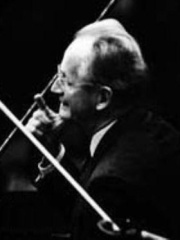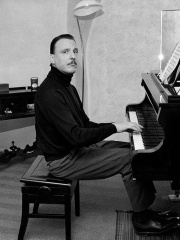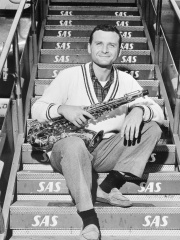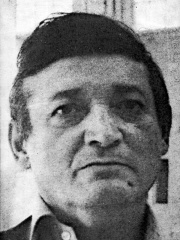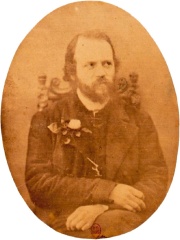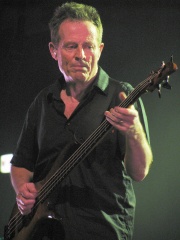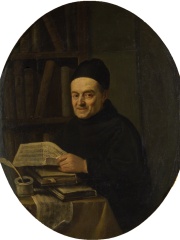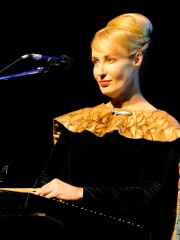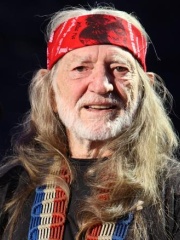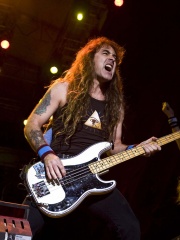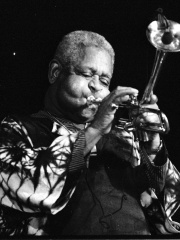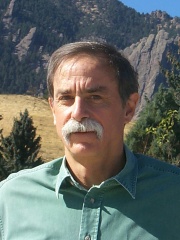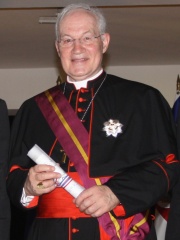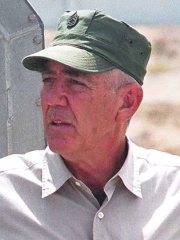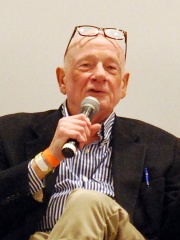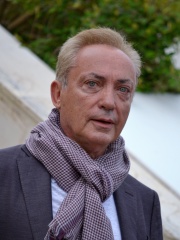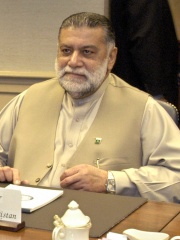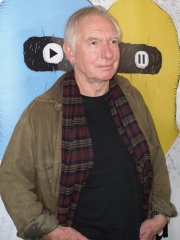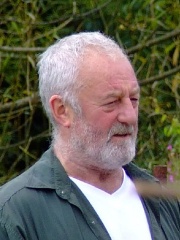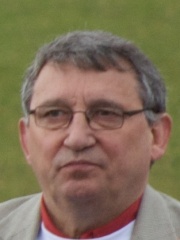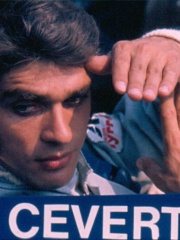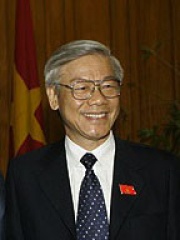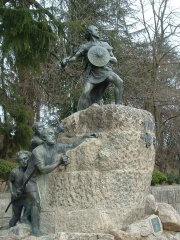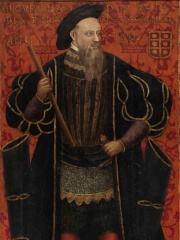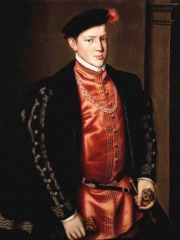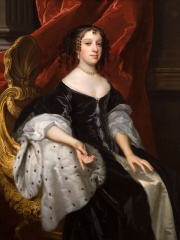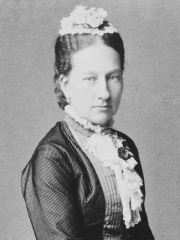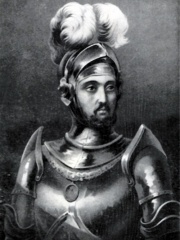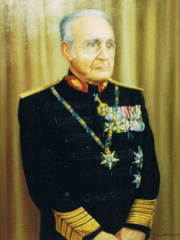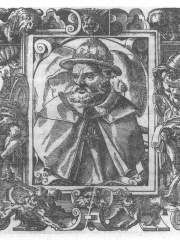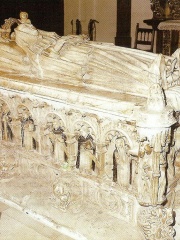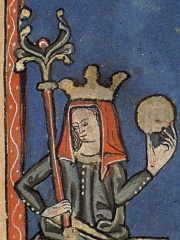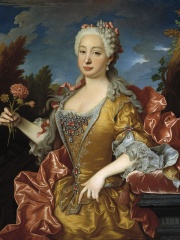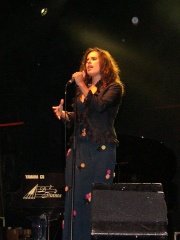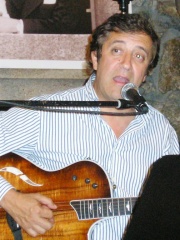Musician
Maria João Pires
1944 - Today
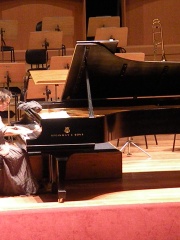
 Maria João Pires
Maria João Pires
Maria João Alexandre Barbosa Pires (Portuguese: [mɐˈɾi.ɐ ʒwɐ̃w ˈpiɾɨʃ]; born 23 July 1944) is a Portuguese classical pianist, widely regarded as one of the leading interpreters of the repertoire of the 18th and 19th centuries. Read more on Wikipedia
Her biography is available in 29 different languages on Wikipedia. Maria João Pires is the 206th most popular musician (down from 141st in 2024), the 84th most popular biography from Portugal (down from 69th in 2019) and the most popular Portuguese Musician.
Memorability Metrics
Page views of Maria João Pires by language
Among Musicians
Among musicians, Maria João Pires ranks 206 out of 3,175. Before her are Wilhelm Kempff, Arturo Benedetti Michelangeli, Stan Getz, György Cziffra, Mike Shinoda, and Charles-Valentin Alkan. After her are John Paul Jones, Giovanni Battista Martini, Lisa Gerrard, Willie Nelson, Steve Harris, and Dizzy Gillespie.
Most Popular Musicians in Wikipedia
Go to all RankingsWilhelm Kempff
1895 - 1991
HPI: 68.78
Rank: 200
Arturo Benedetti Michelangeli
1920 - 1995
HPI: 68.74
Rank: 201
Stan Getz
1927 - 1991
HPI: 68.70
Rank: 202
György Cziffra
1921 - 1994
HPI: 68.70
Rank: 203
Mike Shinoda
1977 - Present
HPI: 68.63
Rank: 204
Charles-Valentin Alkan
1813 - 1888
HPI: 68.62
Rank: 205
Maria João Pires
1944 - Present
HPI: 68.61
Rank: 206
John Paul Jones
1946 - Present
HPI: 68.56
Rank: 207
Giovanni Battista Martini
1706 - 1784
HPI: 68.53
Rank: 208
Lisa Gerrard
1961 - Present
HPI: 68.46
Rank: 209
Willie Nelson
1933 - Present
HPI: 68.43
Rank: 210
Steve Harris
1956 - Present
HPI: 68.39
Rank: 211
Dizzy Gillespie
1917 - 1993
HPI: 68.38
Rank: 212
Contemporaries
Among people born in 1944, Maria João Pires ranks 84. Before her are David J. Wineland, Marc Ouellet, R. Lee Ermey, Raymond Moody, Udo Kier, and Rudy Giuliani. After her are Zafarullah Khan Jamali, Peter Weir, Bernard Hill, Graham Taylor, François Cevert, and Nguyễn Phú Trọng.
Others Born in 1944
Go to all RankingsDavid J. Wineland
PHYSICIST
1944 - Present
HPI: 68.96
Rank: 78
Marc Ouellet
RELIGIOUS FIGURE
1944 - Present
HPI: 68.95
Rank: 79
R. Lee Ermey
ACTOR
1944 - 2018
HPI: 68.92
Rank: 80
Raymond Moody
PSYCHOLOGIST
1944 - Present
HPI: 68.86
Rank: 81
Udo Kier
ACTOR
1944 - 2025
HPI: 68.71
Rank: 82
Rudy Giuliani
POLITICIAN
1944 - Present
HPI: 68.66
Rank: 83
Maria João Pires
MUSICIAN
1944 - Present
HPI: 68.61
Rank: 84
Zafarullah Khan Jamali
POLITICIAN
1944 - 2020
HPI: 68.45
Rank: 85
Peter Weir
FILM DIRECTOR
1944 - Present
HPI: 68.44
Rank: 86
Bernard Hill
ACTOR
1944 - 2024
HPI: 68.42
Rank: 87
Graham Taylor
SOCCER PLAYER
1944 - 2017
HPI: 68.30
Rank: 88
François Cevert
RACING DRIVER
1944 - 1973
HPI: 68.28
Rank: 89
Nguyễn Phú Trọng
POLITICIAN
1944 - 2024
HPI: 68.27
Rank: 90
In Portugal
Among people born in Portugal, Maria João Pires ranks 84 out of 633. Before her are Viriathus (-180), Francisco de Almeida (1450), João Manuel, Prince of Portugal (1537), Catherine of Braganza (1638), Infanta Maria Anna of Portugal (1843), and Diego Columbus (1479). After her are António de Spínola (1910), Tristão da Cunha (1460), Beatrice of Portugal (1373), Theresa, Countess of Portugal (1080), Luís Filipe, Prince Royal of Portugal (1887), and Barbara of Portugal (1711).
Others born in Portugal
Go to all RankingsViriathus
POLITICIAN
180 BC - 139 BC
HPI: 69.43
Rank: 78
Francisco de Almeida
POLITICIAN
1450 - 1510
HPI: 69.31
Rank: 79
João Manuel, Prince of Portugal
POLITICIAN
1537 - 1554
HPI: 69.26
Rank: 80
Catherine of Braganza
POLITICIAN
1638 - 1705
HPI: 68.93
Rank: 81
Infanta Maria Anna of Portugal
COMPANION
1843 - 1884
HPI: 68.82
Rank: 82
Diego Columbus
EXPLORER
1479 - 1527
HPI: 68.73
Rank: 83
Maria João Pires
MUSICIAN
1944 - Present
HPI: 68.61
Rank: 84
António de Spínola
POLITICIAN
1910 - 1996
HPI: 68.57
Rank: 85
Tristão da Cunha
EXPLORER
1460 - 1540
HPI: 68.52
Rank: 86
Beatrice of Portugal
POLITICIAN
1373 - 1420
HPI: 68.36
Rank: 87
Theresa, Countess of Portugal
POLITICIAN
1080 - 1130
HPI: 68.03
Rank: 88
Luís Filipe, Prince Royal of Portugal
POLITICIAN
1887 - 1908
HPI: 67.96
Rank: 89
Barbara of Portugal
POLITICIAN
1711 - 1758
HPI: 67.81
Rank: 90
Among Musicians In Portugal
Among musicians born in Portugal, Maria João Pires ranks 1. After her are Nuno Bettencourt (1966), Cristina Branco (1972), and Rui Veloso (1957).
Maria João Pires
1944 - Present
HPI: 68.61
Rank: 1
Nuno Bettencourt
1966 - Present
HPI: 54.55
Rank: 2
Cristina Branco
1972 - Present
HPI: 51.16
Rank: 3
Rui Veloso
1957 - Present
HPI: 49.85
Rank: 4
